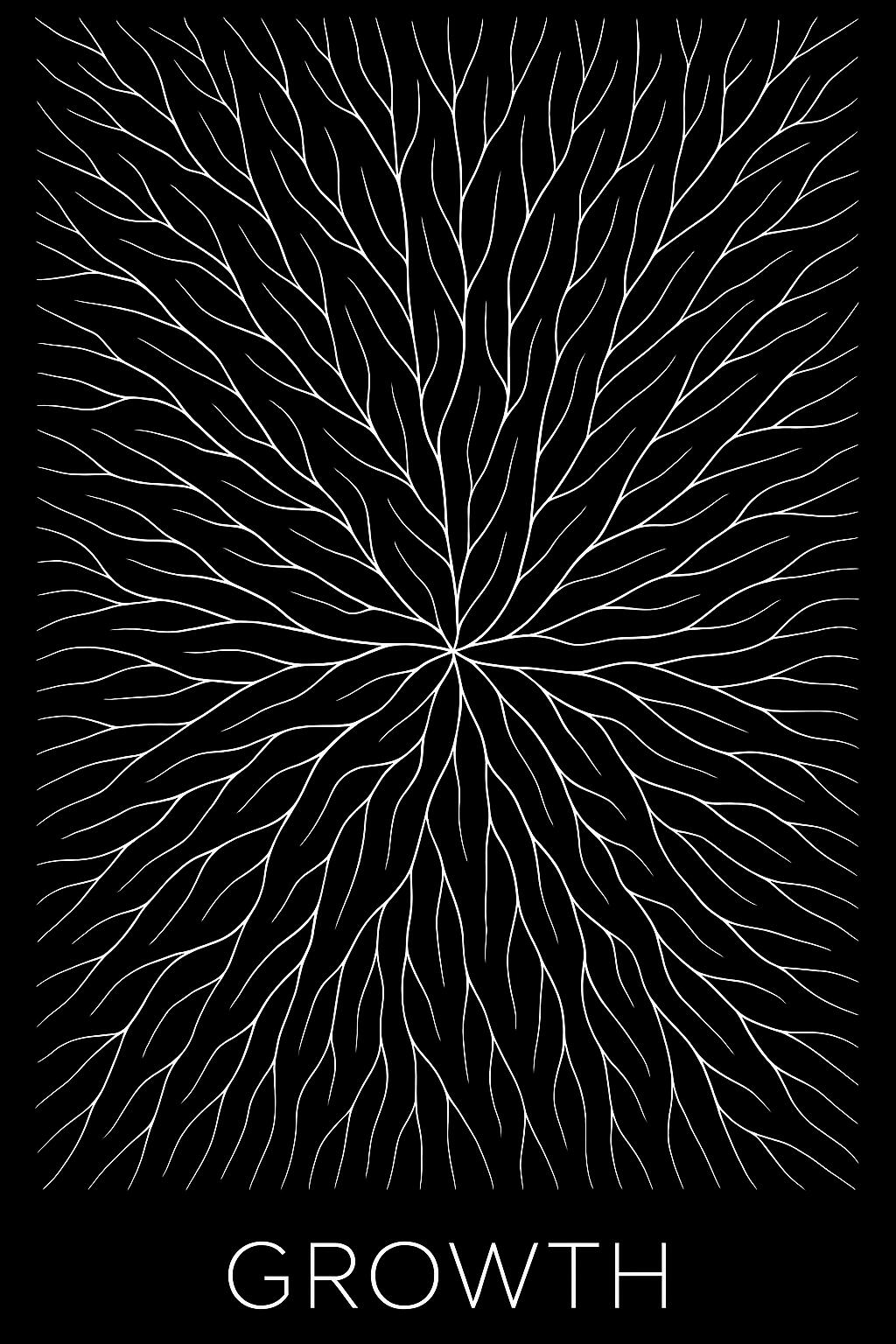
WOUND THEORY
"People don’t just believe things. They cling to them for survival."
Wound Theory isn’t about blame—it’s about truth. This is where politics, psychology, and cybersecurity converge to explain why people cling to pain—and how we begin to heal it.
What Is Wound Theory?
Wound Theory is a trauma-informed framework that explores how emotional repression, shame, and insecure attachment shape political identity, online behavior, and vulnerability to manipulation.It bridges insights from psychology, cybersecurity, and political science to explain why we fuse with leaders—not just ideologically, but emotionally.
Emotional clarity is the foundation of societal clarity.
“When logic fails, emotion leads. Wound Theory helps us understand why.”
Eric Conklin is a cybersecurity professional with an M.S. in Cybersecurity and the lead operator of a Fortune 20 red team. As an independent researcher, his work bridges emotional psychology, political identity, and digital behavior—focusing not just on how systems are breached, but why people fall for the breach in the first place.Eric developed Wound Theory out of a lifelong fascination with human behavior and a drive to uncover the emotional roots of leadership loyalty, social engineering, and societal dysfunction. Drawing from trauma-informed psychology, attachment theory, and lived experience, his work explores how unhealed emotional wounds shape everything from phishing susceptibility to political extremism.He is actively sharing this framework with psychologists, cybersecurity leaders, and behavioral researchers to spark new conversations across disciplines. Eric is also a participant in the Corps of Depth Healers, a certification program founded by existential psychologist Dr. Kirk Schneider, which deepens his work through a focus on emotional depth and humanistic insight.“Understanding behavior starts with understanding pain — and from there, we can build clarity, safety, and truth.”